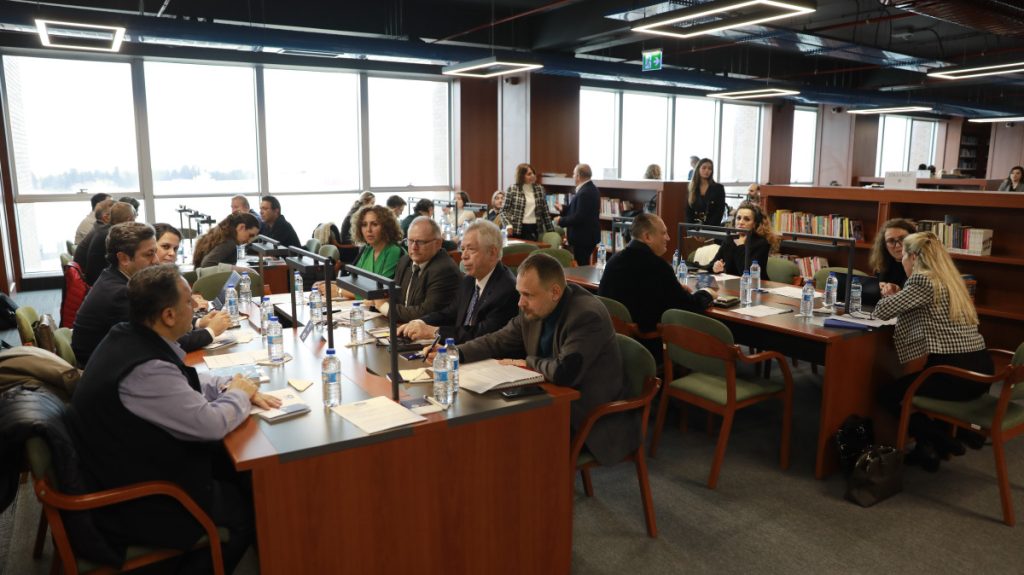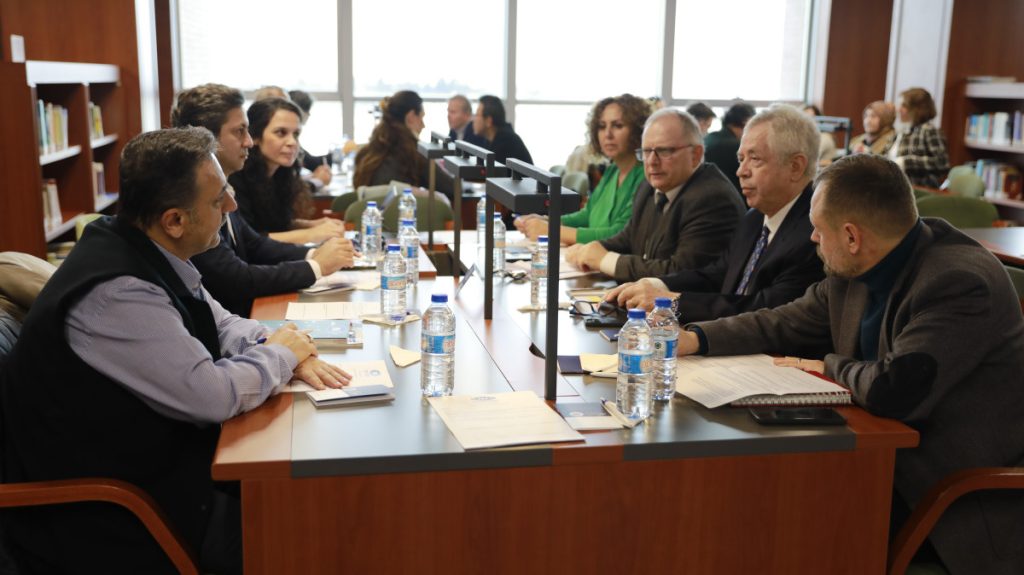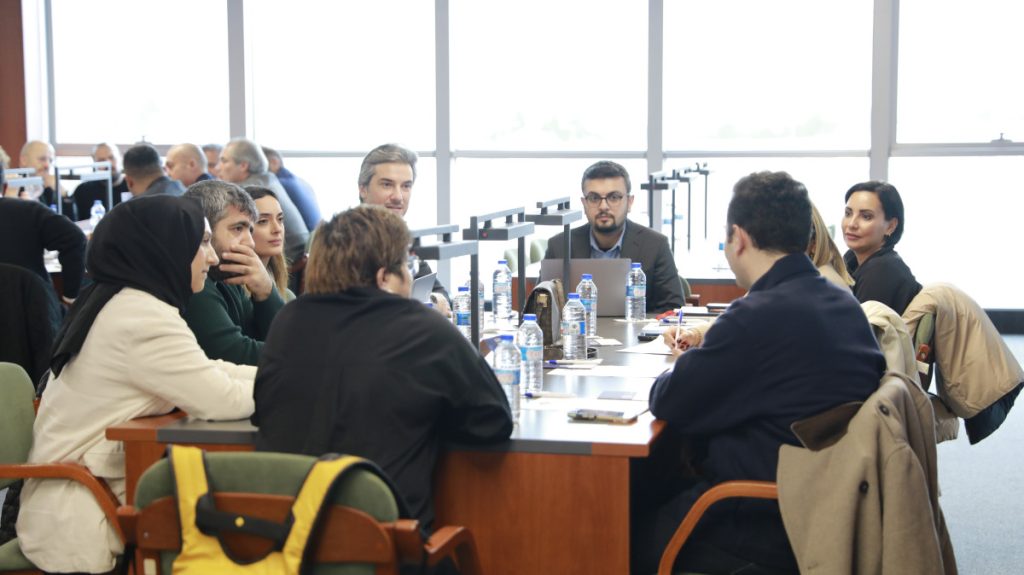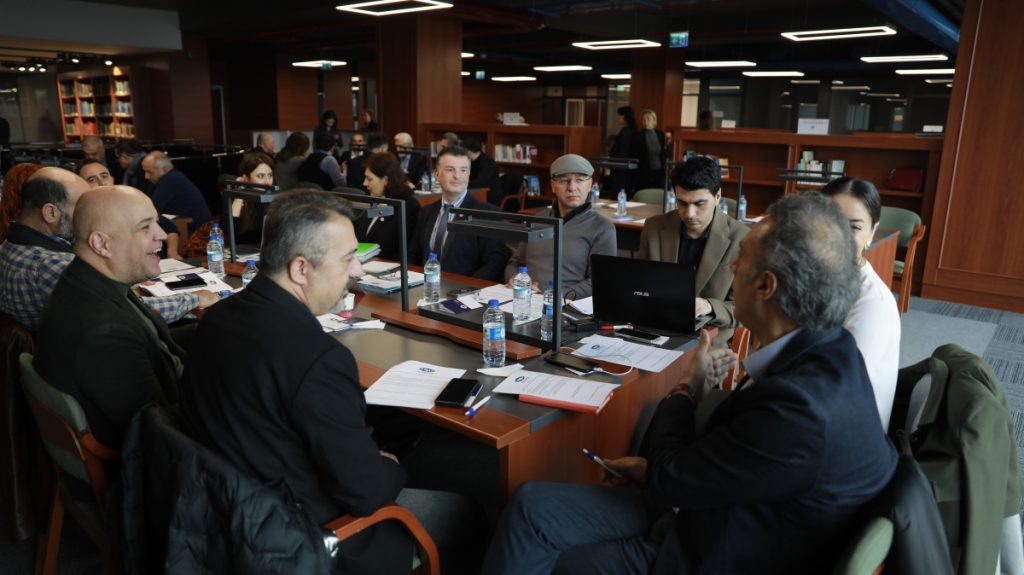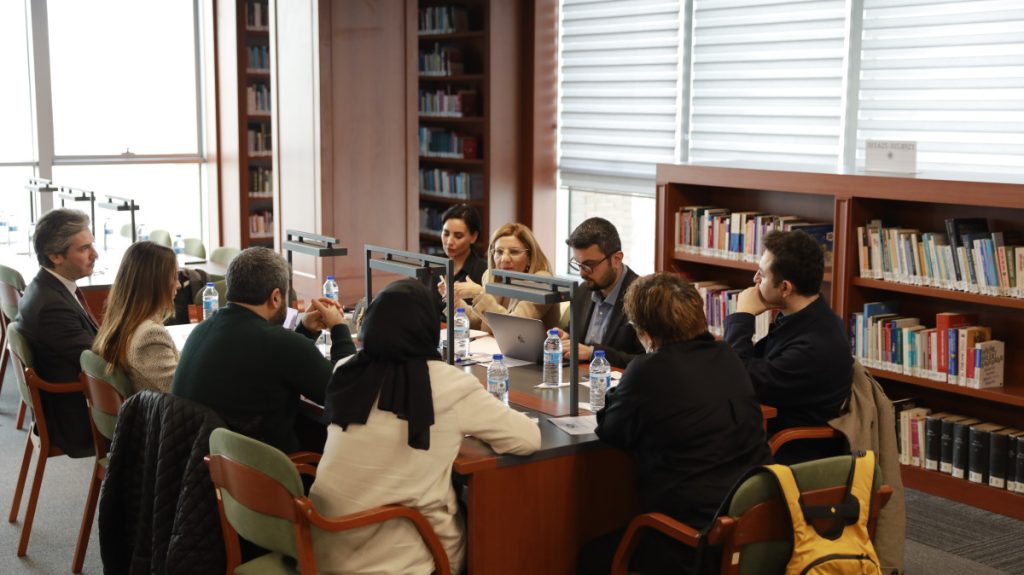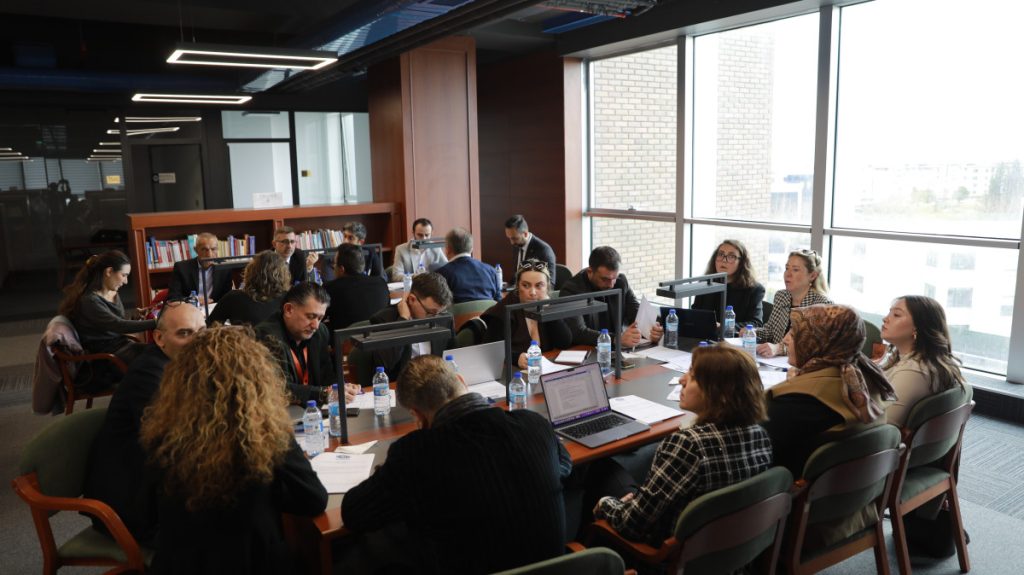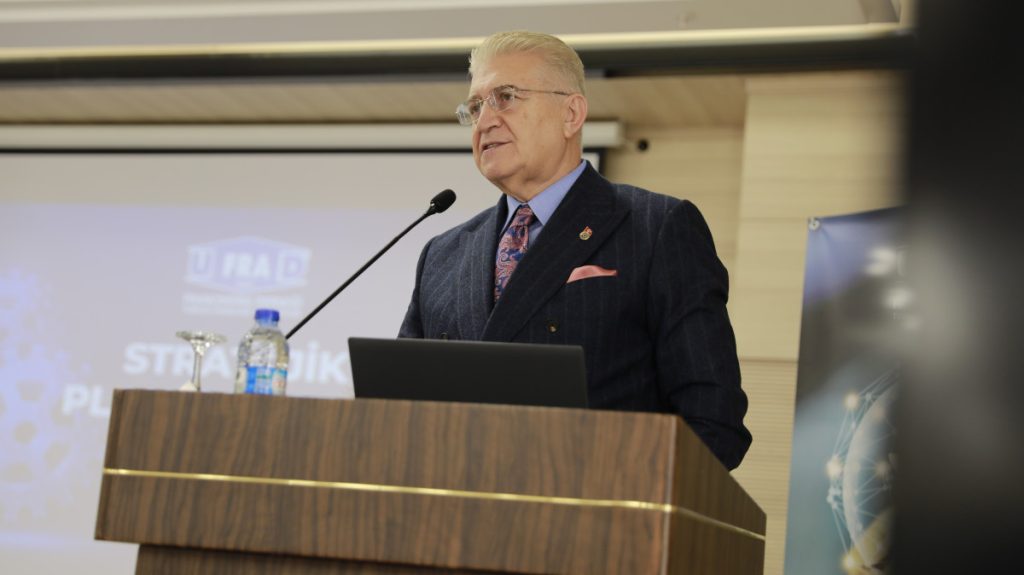
UFRAD WORKSHOP TO PRESENT A 5-YEAR STRATEGIC REPORT ON THE FRANCHISING SECTOR
The UFRAD Workshop was organized with the participation of all sector representatives, academics and experts with seven tables and seven different topics.
As a result of the data and discussions during the workshop, the foundations of the 5-year UFRAD Strategy Plan, which aims to meet the needs of the franchising sector, were laid. The recommendations developed especially on digitalization, green franchise practices, internationalization and legal regulations formed the outlines of the plan.
Firstly, the table focused on expanding to global markets and evaluated the opportunities of Turkish franchising brands in the international arena. In discussions on topics such as target countries, franchise methods and master franchise models, strategies to increase the competitiveness of brands on a global scale were discussed.
The effective use of fairs and promotional events was another important topic of the workshop. Topics such as ways to reach the right investors, the selection criteria of events and the risks that may be encountered in this process offered important tips for the sector to reach a wider audience.
The third table discussed standardization and sustainability in franchise brands. It was emphasized that ensuring product and service standards, training and audit processes are vital for sustainable growth in the sector.
Digitalization and the effective use of new technologies were also among the prominent table topics of the workshop. Topics such as the increasing importance of takeaway and sales platforms, the correct use of social media and the integration of artificial intelligence into the system helped generate ideas that will shape the technological transformation of the sector.
The correct positioning of brands was evaluated as one of the cornerstones of success in the sector. Site selection, structuring franchise systems in shopping malls and agreements between franchisors and franchisees stood out as ways to strengthen brands’ positions in the market.
Another important theme of the workshop was expectations and best practices from the franchise brands of the future. Green franchise practices, new trends that improve customer experience and loyalty programs offered important suggestions on how the sector can adapt to changing consumer needs.
Finally, the critical role of legal processes in the sector was emphasized. Franchise agreements, competition law and related legislation were discussed as key elements in ensuring the balance between franchisor, franchisee and consumer.
Beyond analyzing the current dynamics of the franchising sector, the suggestions and opinions obtained at the workshop will provide a guiding five-year strategic plan for the sector.

